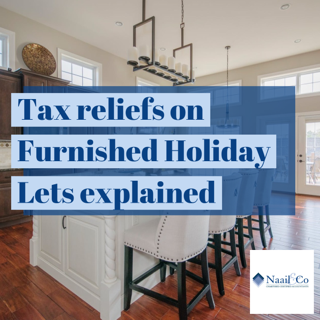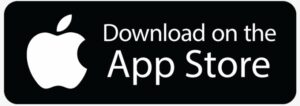Tax reliefs on furnished holiday lets explained
Furnished holiday lets in the UK offer a number of tax benefits, but could be too complicated for owners to take advantage of.
The popularity of staycations is set to continue, with nerves around foreign holidays prompted by issues at airports and the cost of living crisis.
Chartered accountancy firm, Saffery Champness, examines the tax implications for holiday accommodation providers offering furnished holiday lets, including capital allowances, capital gains tax, national insurance and VAT.
As a variety of different accommodation types are being provided, it is necessary for the tax treatment to be assessed on a case-by-case basis.
Is furnished holidays lets treated as trading business?
Furnished holiday lets are considered separate from other residential and commercial properties and are treated as a trading business by HMRC and taxed as such.
These lets offer a number of advantageous tax benefits, including mortgage interest tax relief, capital allowances, and profits which count as earnings for pension purposes.
Capital gains tax (CGT) reliefs are also applied – the lets qualify for rollover relief, gift relief and business asset disposal relief (BADR).
HMRC states that there must be sufficient furniture provided for normal occupation, with visitors entitled to use that furniture, and the property must be commercially let.
Occupancy requirements provide that the property must be available to let for at least 210 days throughout the tax year, 105 of which must be spent being rented out commercially.
Capital allowances can be claimed on certain assets used and fixtures inherent in the property (plant and machinery assets) meaning the cost of outfitting can be deducted from the profits of the business for tax purposes.
These include assets such as heating, lighting, ventilation, data and power installations. Capital allowances can only be claimed by the individual that has both incurred the costs and is also carrying out the activity.
Profit sharing, pensionable income from profits, and no national insurance contributions are further benefits.
CGT reliefs will be applied to furnished holiday let owners who want to dispose of their property.
Capital gains made on business assets can be rolled over into a furnished holiday let business through rollover relief. The rolled over gains do not become chargeable until the replacement asset is sold, although if the conditions are met, the gains can be rolled over again into further qualifying replacement assets.
The new asset must be acquired either within 12 months before the capital gain rises, or within 36 months after.
Gift relief is also available to defer capital gains on disposals where business assets are gifted. A furnished holiday let would qualify as a business asset for this purpose. The CGT base cost of the asset will be transferred by the donor to the new owner.
Under business asset disposal relief (BADR), the CGT is reduced to 10% on profits of up to £1m if the business is closed or sold. Regular letting businesses do not qualify for these reliefs, CGT would apply at the usual rates of 18% to 28% for residential property.

Our service to you
If you are a self employed, business owner/director of company looking to get your accountancy and taxation matters sorted, look no further. We, at Naail & Co, are pro-active and easily accessible accountants and tax advisors, who will not only ensure that all your filing obligations are up to date with Companies House and HMRC, but also you do not pay a penny more in taxes than you have to. We work on a fixed fee basis and provide same day response to all your phone and email enquiries. We will also allocate a designated accounts manager who would have better understanding of your and business financial and taxation affairs. Book a free consultation call using the link below.
Related pages:
Get further information from the following pages;
Related Blogs:
Get further information from the following blogs;
Super deduction extension for landlords
Commercial rent arrears and premises recovery


